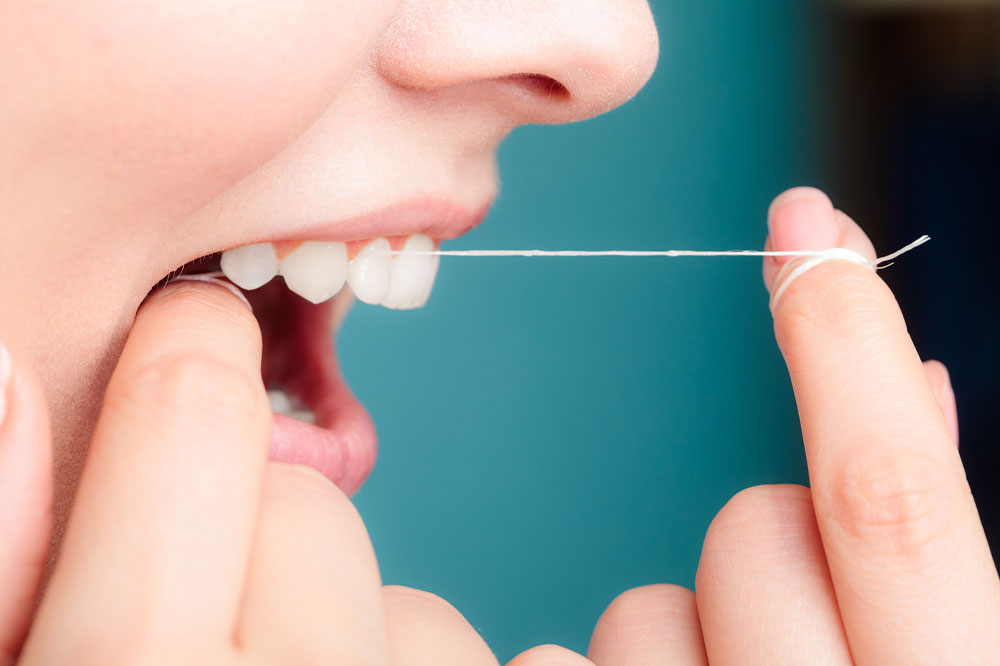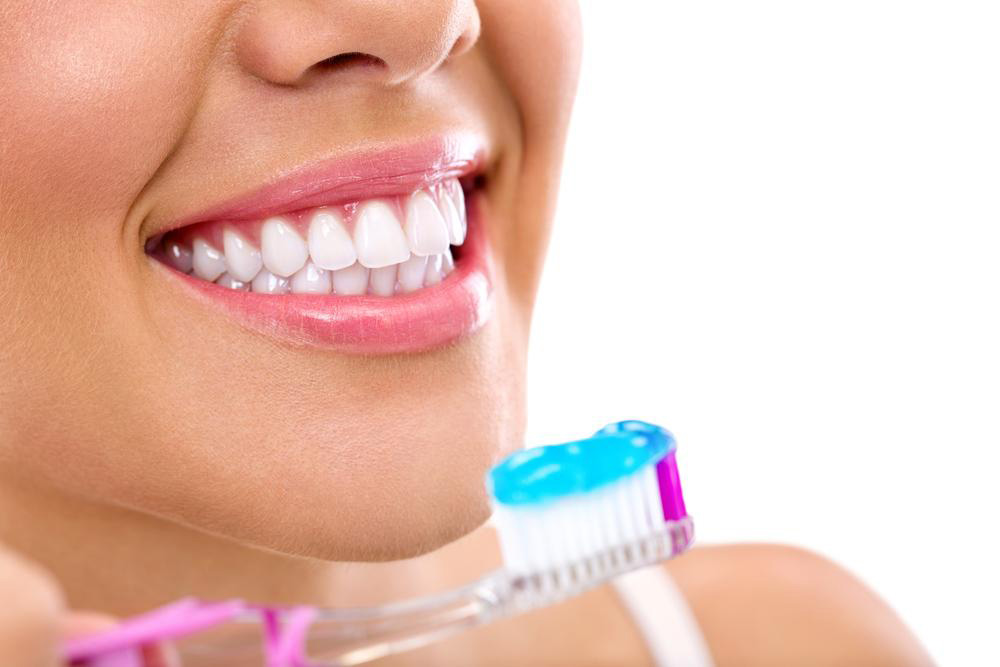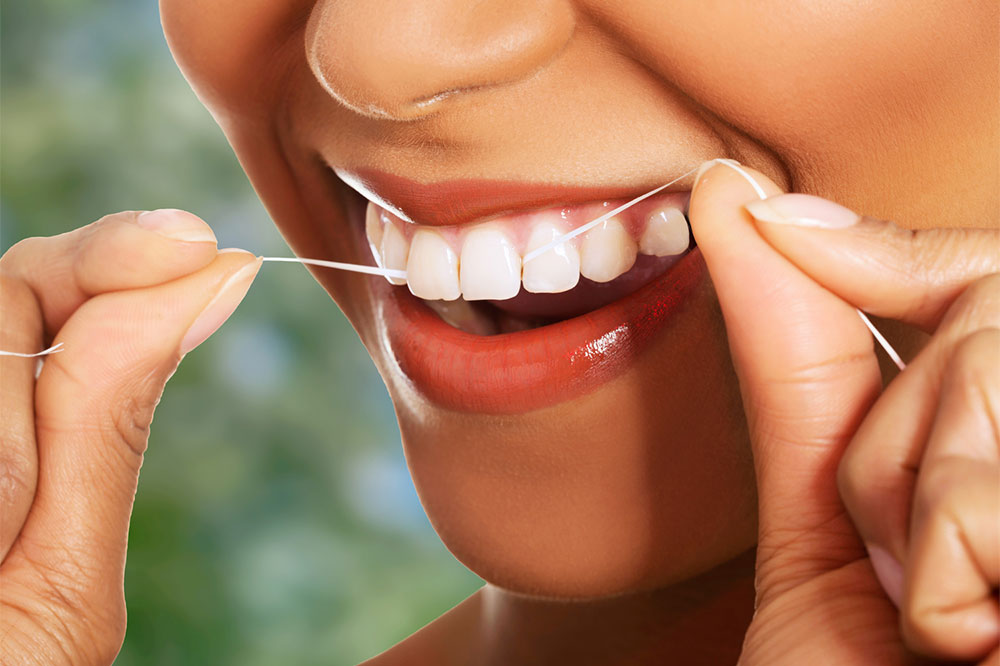Comprehensive Guide to Maintaining Excellent Oral Health and Preventing Dental Problems
This comprehensive guide offers essential tips for maintaining excellent oral health. It covers early warning signs of dental issues, effective at-home hygiene routines, lifestyle adjustments, and the importance of regular dental visits. Implementing these strategies can prevent common problems like cavities, gum disease, and enamel erosion, ensuring a healthier, brighter smile that boosts confidence and overall wellness over a lifetime.

Comprehensive Guide to Maintaining Excellent Oral Health and Preventing Dental Problems
Maintaining optimal oral health is a fundamental aspect of overall wellness that impacts your confidence, nutrition, and quality of life. While daily brushing and flossing are essential, they form just part of a comprehensive dental care routine. Effective oral health management involves regular dental checkups, mindful lifestyle choices, and proper at-home oral hygiene practices. These combined efforts help prevent a wide range of dental issues such as cavities, gum disease, enamel erosion, and oral infections.
Understanding the signs of dental health problems and addressing them early can save you from painful procedures and expensive treatments later. This detailed guide aims to equip you with essential tips and strategies to keep your teeth and gums healthy, ensuring a brighter, more confident smile that lasts a lifetime.
Watch for Physical Indicators of Dental Decay
Early detection is vital for effective dental care. Be vigilant about symptoms like persistent bad breath, which may indicate bacterial buildup, or plaque accumulation that leads to tartar formation. Swollen, reddened, or bleeding gums are common signs of gingivitis or other periodontal issues. If you notice these symptoms, consult your dentist promptly. Incorporating routine checkups into your health schedule provides professional assessments that help prevent minor issues from escalating into severe dental problems.
Identify Chips, Cracks, and Structural Damage
Small chips or cracks in teeth often go unnoticed but can expose sensitive dental tissue, making teeth more vulnerable to decay and infection. Sometimes, these damages cause no immediate pain but require urgent evaluation to prevent complications. Visual inspections at home, combined with professional dental examinations, are crucial for identifying subtle fractures or chips. Prompt intervention can prevent nerve damage, root infections, or even tooth fractures, thus preserving your natural teeth and avoiding extensive treatments.
Detecting fractured or chipped teeth needs a keen eye. If you observe any visible damage or experience sensitivity, seek dental care quickly. Addressing minor damages early reduces the risk of long-term, costly dental repairs and maintains your oral integrity.
Implement Effective Home Oral Hygiene Practices
Consistent daily oral care routines are the backbone of healthy teeth and gums. Brush at least twice a day using fluoride-enriched toothpaste and a soft-bristled toothbrush. Ensure you brush all surfaces of your teeth, including hard-to-reach areas such as the back molars. Floss daily to eliminate plaque and food particles lodged between teeth, where toothbrushes can't reach. Rinsing with an antibacterial mouthwash helps reduce bacterial load, while gently cleaning your tongue removes additional bacteria that contribute to bad breath. Proper technique and regularity reinforce enamel strength and prevent the development of cavities and gum disease.
Adopt Healthy Lifestyle and Dietary Habits
Your lifestyle choices significantly influence your oral health. Limit consumption of acidic beverages such as coffee, soda, and fruit juices that can erode tooth enamel. Reduce intake of sugary foods and snacks that feed cavity-causing bacteria. Quitting smoking enhances gum tissue recovery and significantly lowers the risk of periodontal disease, oral cancers, and other health issues. Maintaining a balanced diet rich in calcium, vitamins A, C, and D, and phosphorus supports strong teeth and healthy gums. Drinking plenty of water throughout the day also helps wash away food particles and bacteria, promoting oral health.
Schedule Regular Dental Checkups and Professional Cleanings
Routine dental visits, ideally every six months, are crucial. These visits include professional cleaning, which involves scaling and polishing to remove embedded tartar and plaque that you might miss at home. Regular checkups enable early detection of issues like cavities, gum disease, or oral infections. Your dentist can provide personalized advice, fluoride treatments, and sealants for added protection. Early intervention not only preserves your natural teeth but also reduces the necessity for invasive procedures down the line.
In conclusion, achieving and maintaining optimal oral health demands a proactive approach that combines diligent at-home care with routine professional evaluations. By staying attentive to signs of dental problems and adopting healthier habits, you can enjoy a radiant smile and good oral health for years to come. Remember, a healthy mouth is a gateway to comprehensive health and confidence.





